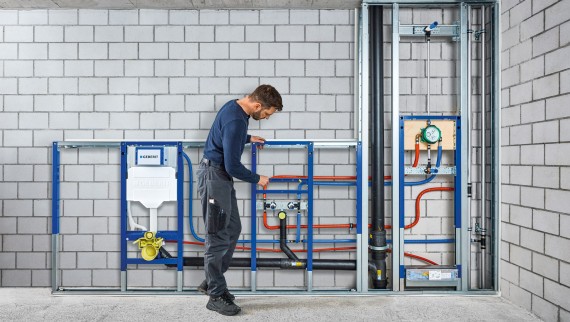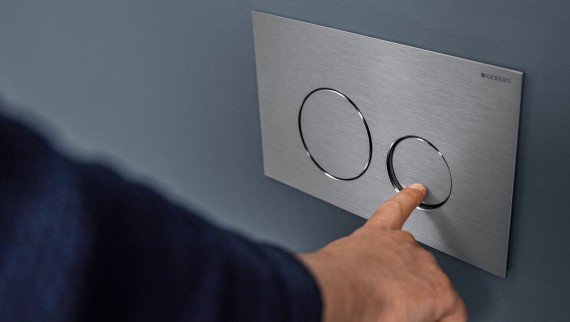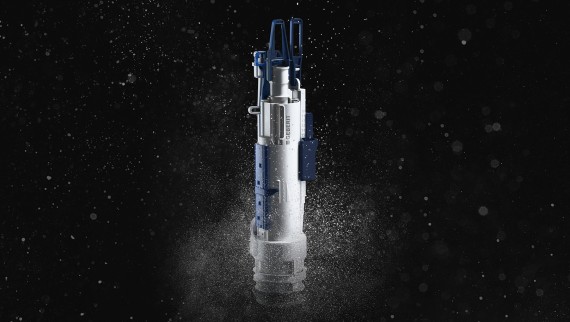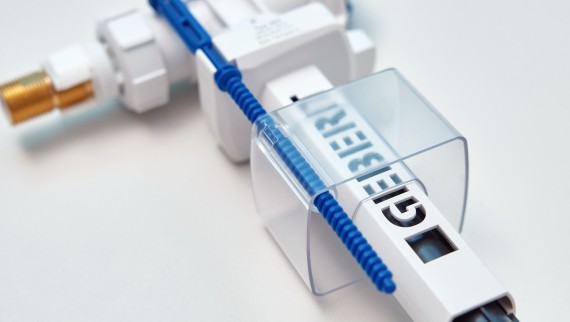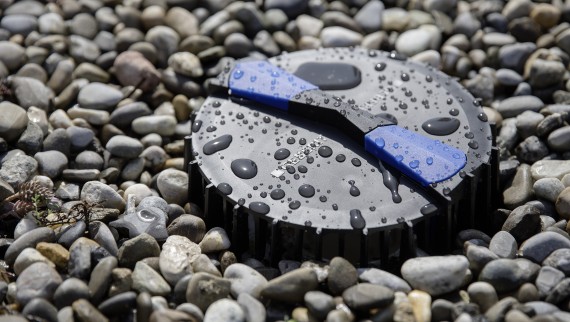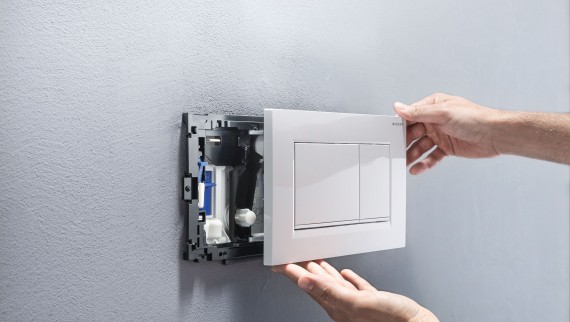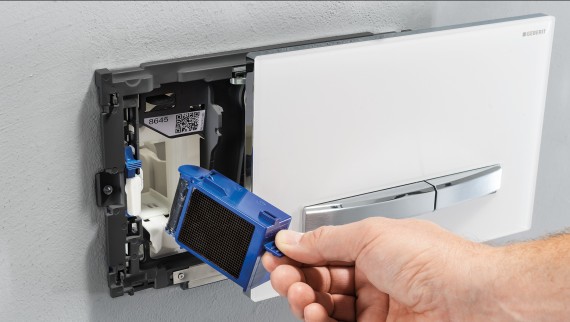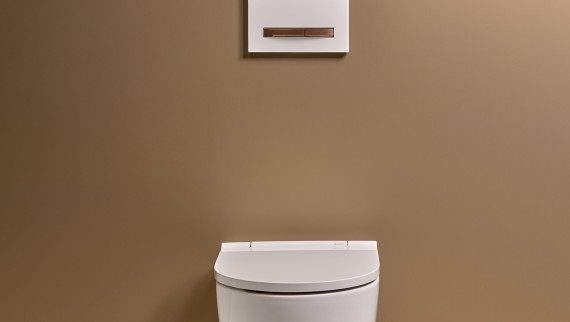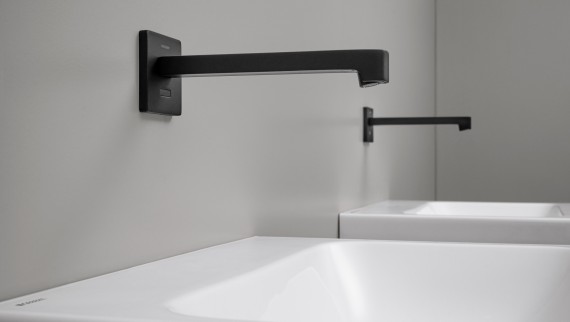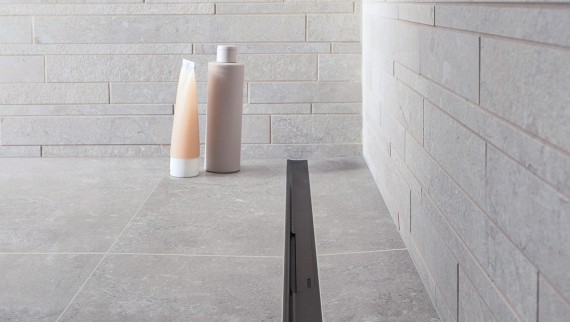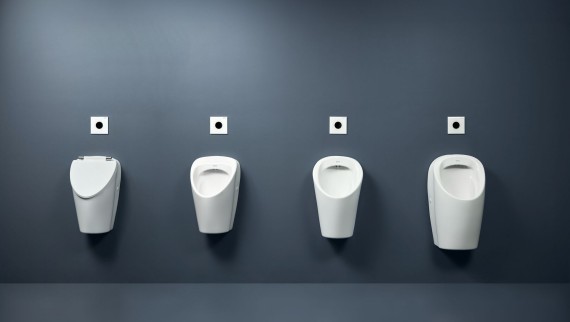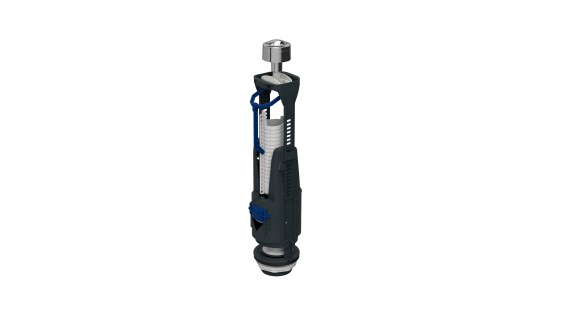Sustainability and the sanitary industry Our contribution
Water is essential for nutrition, hygiene and cleaning, and as a means of transportation. Our durable, innovative and resource-saving sanitary products make a key contribution towards meeting these basic needs. We have been a reliable partner for the sanitary industry for over 150 years.
For more than 30 years, we have consistently aligned our strategy with long-term considerations - along the entire product life cycle. This commitment is an important reason for the company's success. We believe that one of the greatest contributions to the sustainable use of resources is to continually set new standards for the quality and service life of products.
Geberit products are typically used for decades. In addition, the long-term availability of spare parts and the backwards compatibility of new products make an important contribution to their service life. This makes it easier for construction partners to fulfil the often extensive catalogue of requirements for certified construction projects.
At a glance
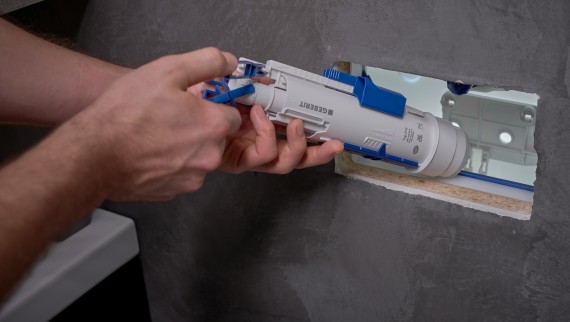
Designed for durability and quality
Geberit products have service lives that span decades because of the high-quality materials used and strict quality standards applied. Furthermore, they are usually backwards-compatible and are easy to clean and maintain. Geberit guarantees the availability of spare parts for up to 50 years for all replaceable mechanical parts of the concealed cistern and actuator plate. Only some specific functionalities of electronic products (for example hygiene flush unit or DuoFresh) are excluded.
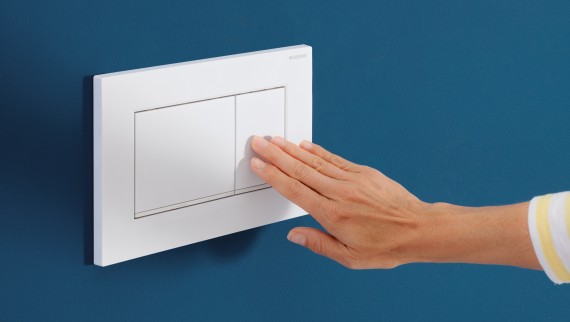
Water-saving solutions
Geberit has a long tradition of manufacturing water-saving products, particularly WC cisterns and their components. According to a model calculation, water consumption for toilet flushing has been reduced by around 80% from 70 to 14 litres per person per day since 1952 thanks to several innovations such as Geberit dual-flush and stop-and-go cisterns. Geberit is constantly developing the water efficiency of its WC systems.
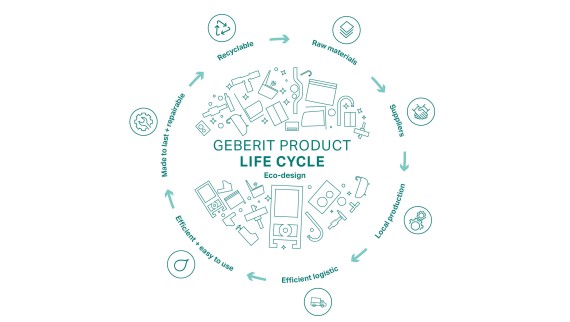
Creating added value with ecodesign
Since 2007, all products have been consistently developed according to the eco-design principle: Every new product should be ecologically better than its predecessor - without compromising on quality, functionality or durability. All stages of the product life cycle are considered, from raw material extraction to disposal. Since its launch, more than 200 products have been developed or optimised according to this principle.
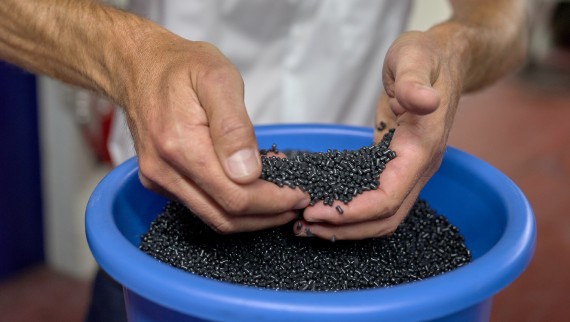
Conscientious use of resources
In production, we aim to close internal material cycles, minimise waste and recycle it in a sensible way. Plastic is used as efficiently and sparingly as possible to manufacture high-quality and durable products. For example, almost 100% of plastic waste is recycled and reused internally. Geberit also makes every effort to minimise its use of packaging material. The company mainly uses cardboard and avoids expanded polystyrene and other plastics as far as possible.
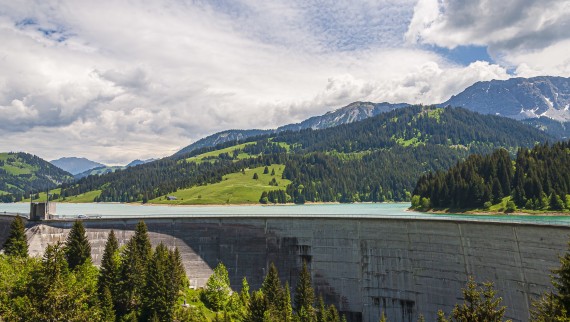
Reducing CO₂ emissions
With its commitment to resource-saving and energy-efficient production processes, the company has made significant strides. In fact, Geberit’s eco-efficiency has surged by 63% since integrating its energy-intensive ceramic production practices in 2015, with some 80% of the electricity coming from renewable energy sources.
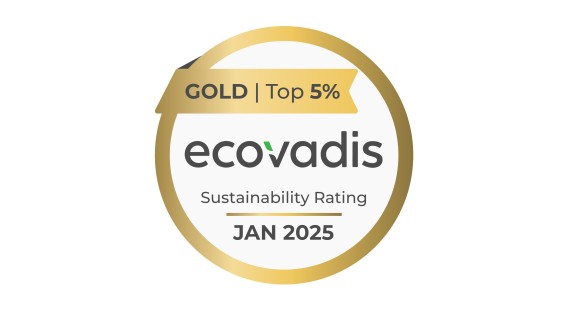
Gold Medal from EcoVadis
The Geberit Group was awarded the EcoVadis Gold Medal in 2025 for its sustainability management. This puts Geberit in the top 5 per cent of the companies assessed. The award makes it clear to customers and suppliers that Geberit has a comprehensive, systematic and long-term sustainability management system in place.
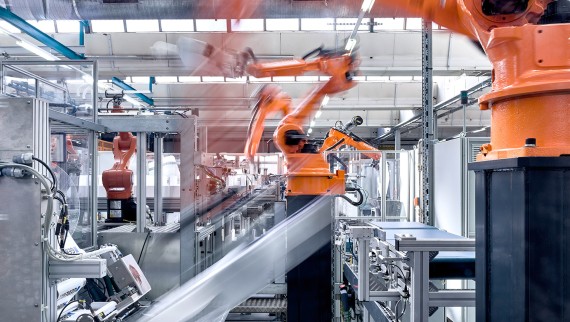
Certified production and logistics
All production plants, central logistics and the management company incorporating all Group functions at headquarters in Rapperswil-Jona (CH) are certified in accordance with the ISO standards 9001 (quality), 14001 (environment) and 45001 (occupational health and safety). In addition, five German plants are certified according to ISO 50001 (energy) and nine sales companies according to ISO 9001 (quality).
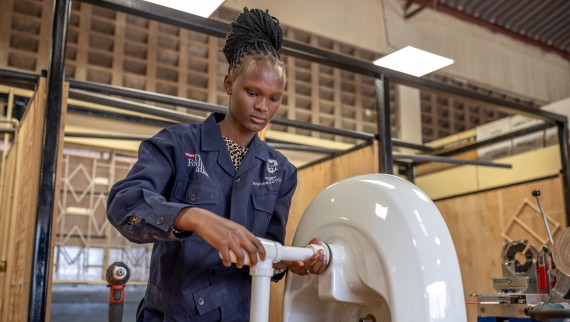
Social responsibility
Geberit is committed to the human right to clean drinking water and basic sanitation through development projects. In partnership with the Hilti Foundation and Swisscontact, the company promotes the transfer of know-how and vocational training in Kenya with a vocational training programme for sanitary specialists. Around 150 young people are currently learning the sanitary profession at the training centre in Nairobi, while 44 have successfully completed the training. Geberit is also committed to equal opportunities and inclusive workplaces.
Environmental Product Declarations (EPD)
Environmental Product Declarations, or EPDs, are an important source of information for building owners, investors, business partners and other decision-makers. They provide information on the ecological footprint of construction products and are based on a detailed life cycle assessment.
Products with third-party EPDs account for 42% of Geberit's Group sales. We therefore offer a wide range of products for buildings constructed in accordance with certification systems such as Minergie, DGNB, BREEAM or LEED.
Download EPDs
Resource-saving and durable products
A binding sustainability strategy
More than 30 years ago, Geberit drew up its first environmental strategy and implemented specific measures. Over the years, this strategy has been gradually expanded into a comprehensive sustainability strategy. It is based on the UN Agenda 2030 and its 17 Sustainable Development Goals.
Four goals are particularly important to Geberit.
Tips and tricks to make a difference
Use less water
Tips for saving water
Reduce water consumption in the bathroom
Careful use of water as a resource makes sense. With these six tips, you can noticeably reduce water consumption in the bathroom.
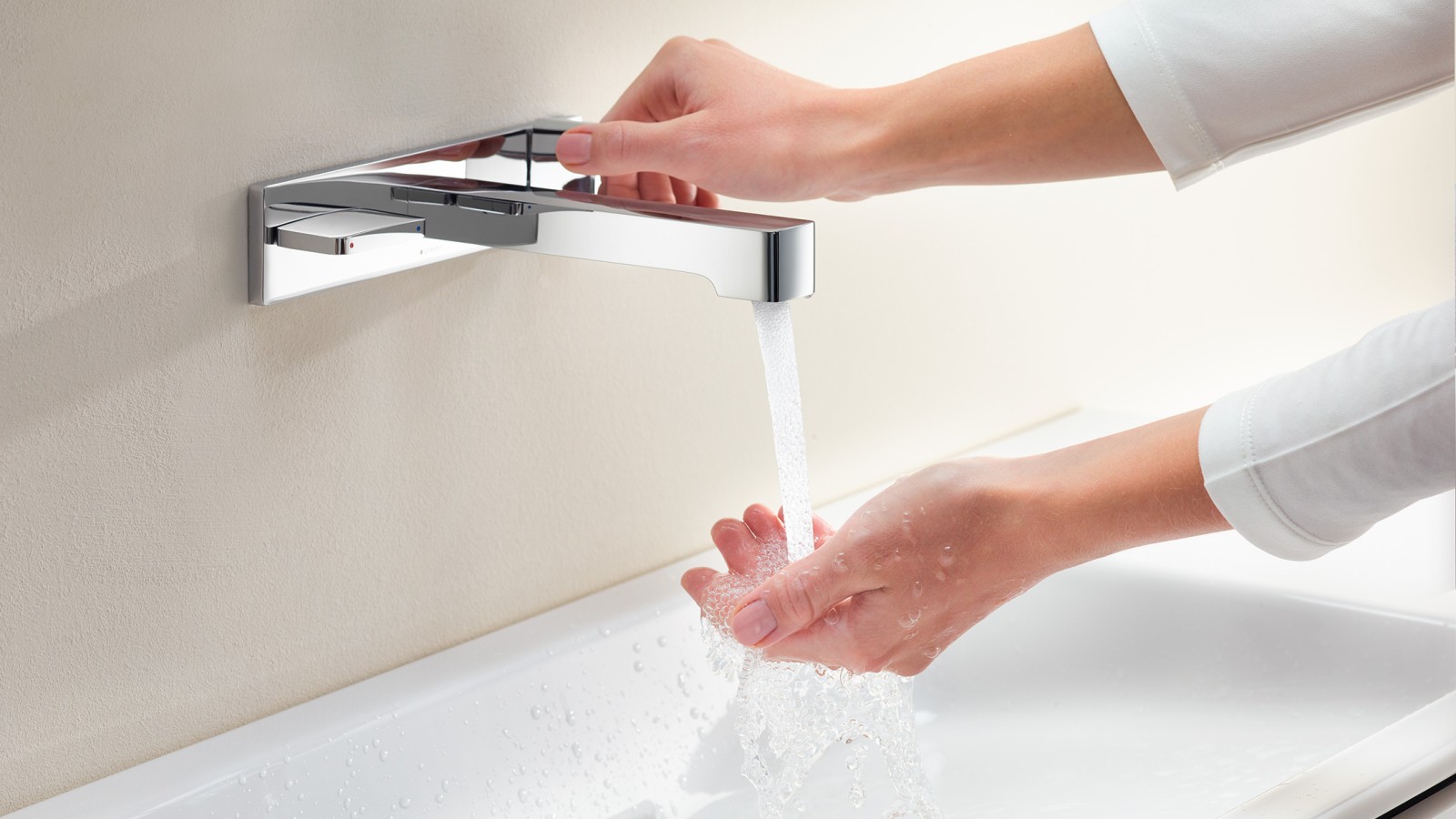
Avoid waste
Less waste in the bathroom
Shampoo packaging and toiletries - everyday items cause a lot of plastic waste. Simple tricks can significantly reduce the amount of waste.
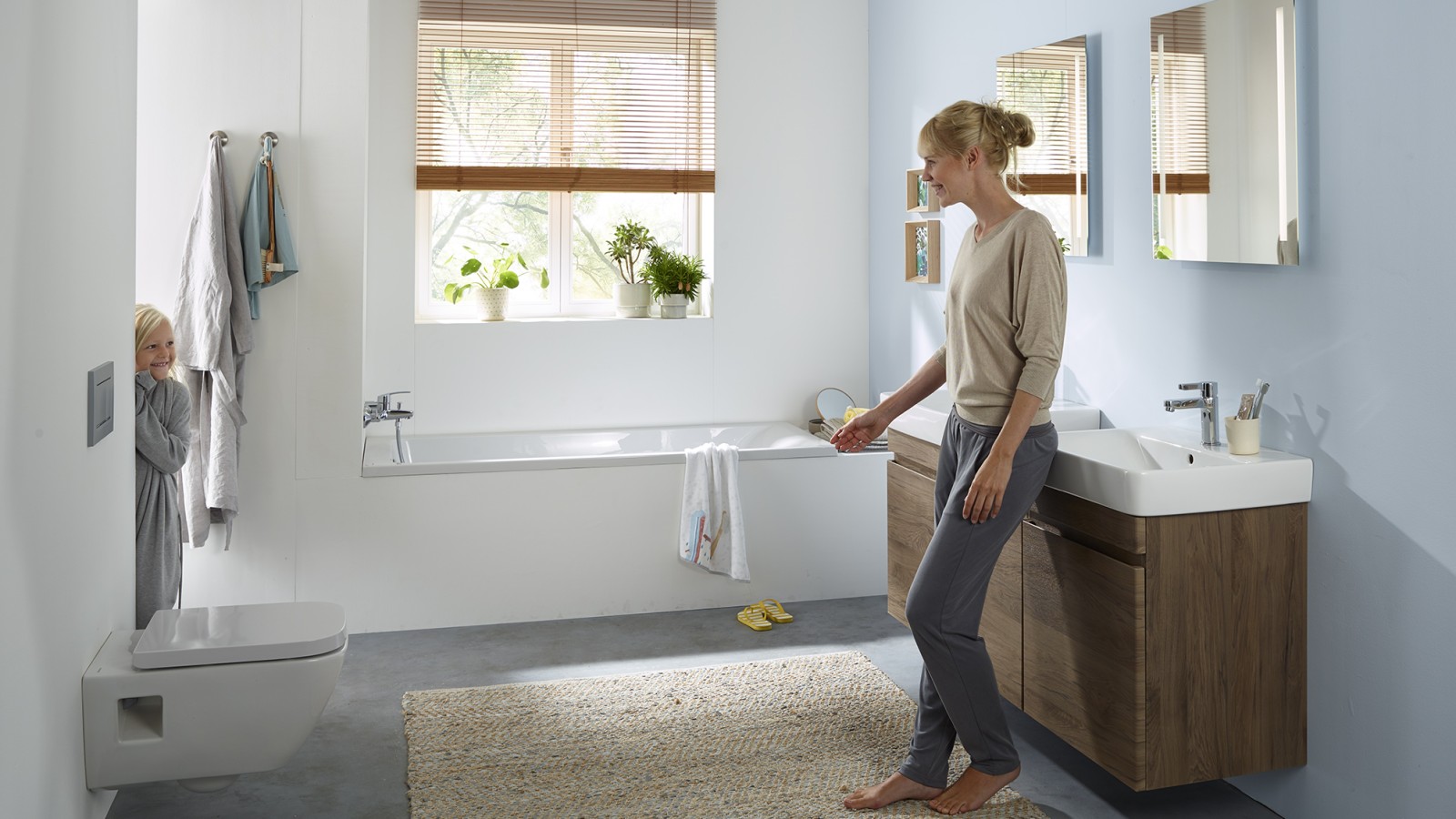
Regular maintenance
Service for the bathroom
To prevent consequential damage, it is worth servicing the bathroom regularly. Here are a few tips.
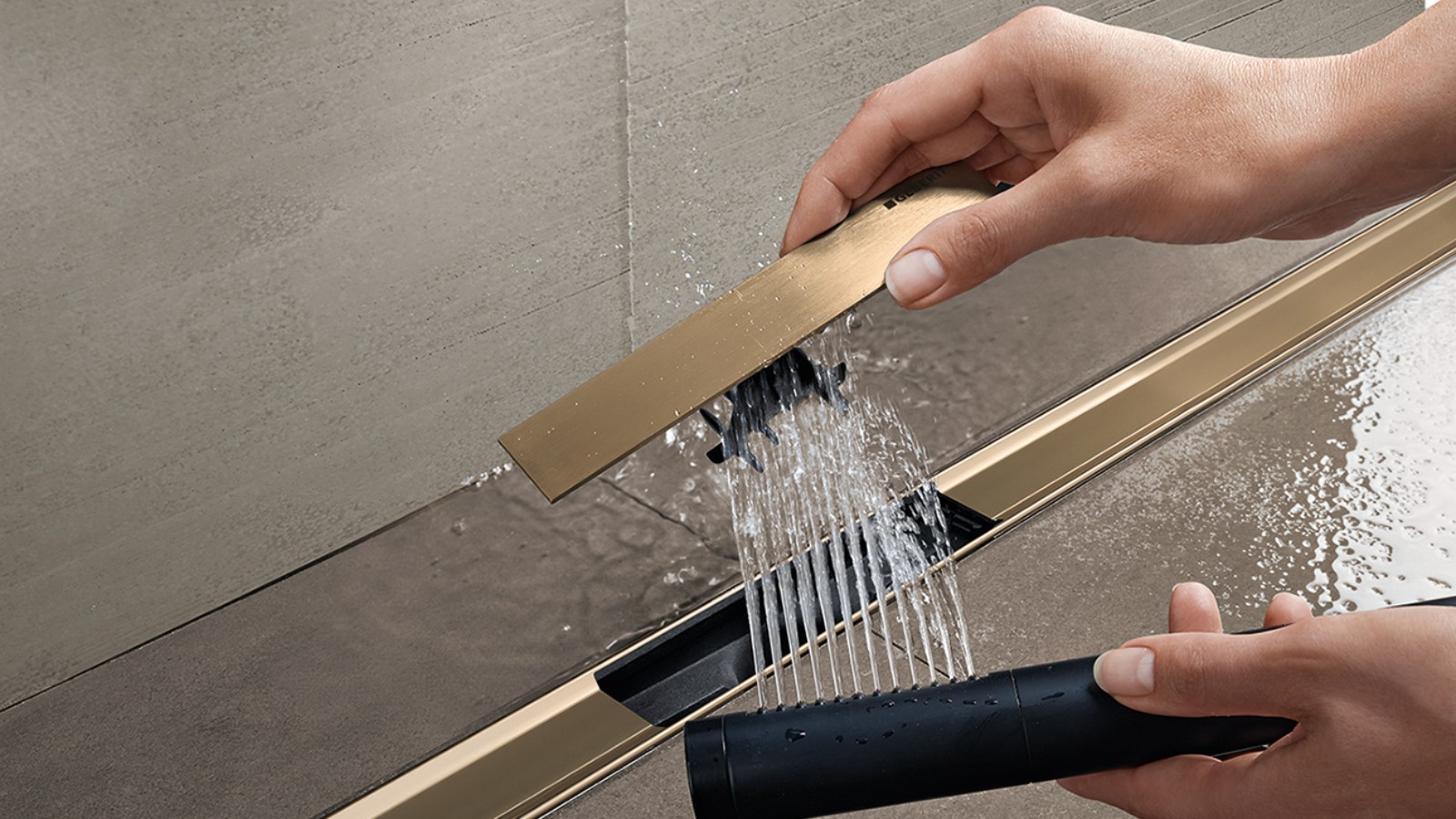
Buy durable products
Durability leads to less waste
High-quality, moisture-resistant bathroom furniture lasts longer, leading to less waste. Enjoy your products for years to come by choosing durable and timeless bathroom furniture.
